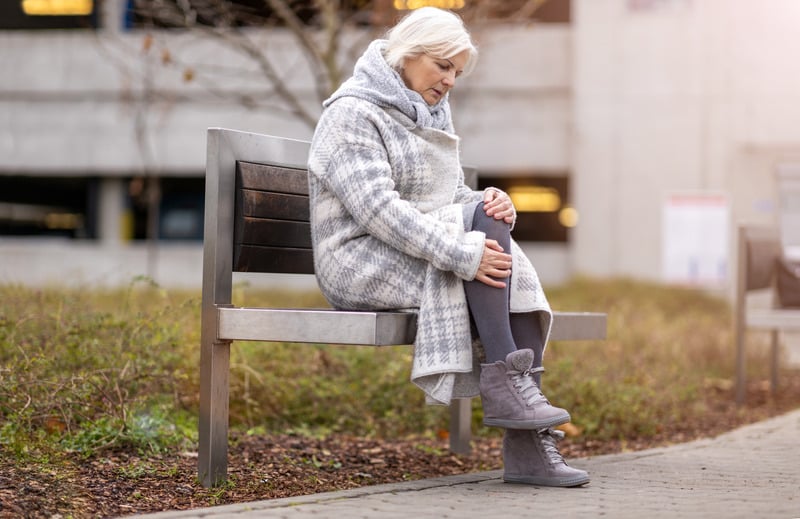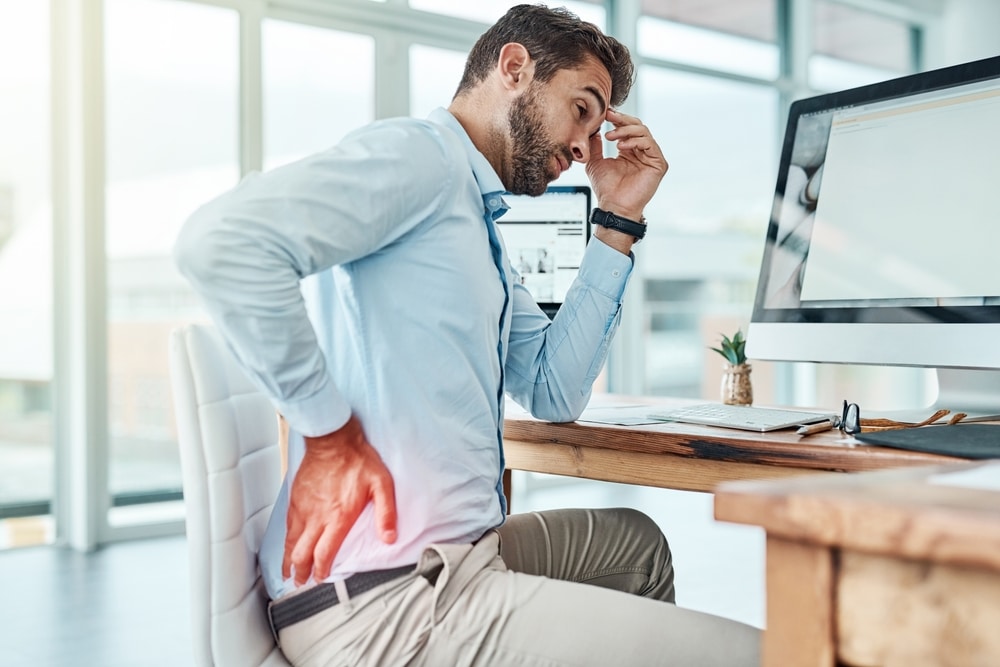Knee pain
Diagnosing the cause of your knee pain will depend on the type of pain you’re feeling, along with where and when it occurs.
Common causes of knee pain include knee injury with tendonitis, knee degeneration and arthritis. A knee injury can affect any of the ligaments, tendons or fluid-filled sacs (bursae) that surround your knee joint, as well as the bones, cartilage and ligaments that form the joint itself.
Other causes of knee pain can include diseases or conditions that involve the hip joint, the soft tissues and bones around the knee, or the nerves that supply sensation to the knee area. The knee is also commonly involved in inflammatory arthritis, including rheumatoid disease, or immune diseases that affect widespread tissues of the body.
Location of knee pain
The location of your knee pain can help identify the cause of the problem:
- Pain on the front of the knee: can be due to bursitis, tendon irritability of either the patellar tendon or quadriceps tendon, or arthritis affecting patella surface cartilage, in later life.
- Pain on the sides of the knee: commonly related to injuries to the collateral ligaments, or meniscal cartilage tears. In later life, this pain may be related to joint wear and degeneration, or osteoarthritis.
- Pain in the back of the knee: often due to meniscal tears, cysts- known as Bakers cysts (an accumulation of joint fluid behind the knee).
- Overall knee pain: can be due to bursitis, arthritis, ligament tears, osteoarthritis or infection, in rare occasions.
Knee swelling
Swelling of the knee is a common symptom for variety of knee problems. The speed at which the swelling appears may help indicate its cause:
- Knee swelling that occurs rapidly up to an hour after an injury is most commonly caused by an injury to the anterior cruciate ligament. This can also be due to a meniscal cartilage tear or a fracture.
- If your swelling develops gradually over hours or days, the injury is more likely produced by a meniscal tear or a ligament sprain.
- Swelling that occurs spontaneously, without any known injury, can be the result of a number of conditions, including osteoarthritis, meniscal tears due to wear and tear, reactive synovitis (inflammation of the lining of the joint), gout, rheumatological diseases or a septic arthritis (infection).
Knee locking
If your knee locks you are unable to bend or fully straighten it. Knee locking generally results from two different types of medical conditions:
- A mechanical block to knee motion, for example, when a piece of loose cartilage or bone wedges within your knee joint. This is most often due to a meniscal tear.
- Alternatively, knee ‘pseudo-locking’ may occur, which is caused by pain that limits normal knee motion. This may be due to various conditions, such an inflammatory arthritis, gout or septic arthritis (infection).
If you have a mechanical block to normal knee movement, you will need to see an orthopaedic surgeon as soon as possible, who is likely to advise arthroscopic surgery (keyhole surgery) to relieve the problem.
You may find it difficult to determine whether or not there is a mechanical block to your knee motion, or to decide if pain is the issue. Start by undergoing a consultation and physical examination, which can usually determine the cause of your locking.
Knee stiffness
Knee stiffness refers to the loss of the normal range of movement of the joint. Joint stiffness may be caused by a mechanical blockage to movement, or inflammation in the synovium – the lining of the joint, which can be a response to various types of arthritis.
Many patients with inflammatory arthritis feel joint stiffness early in the morning. Osteoarthritis stiffness tends to get worse during the day, especially after exercise such as long walks.
With inflammatory arthritis, such as rheumatoid arthritis or systemic lupus erythematosus, the stiffness can last more than 45 minutes upon waking. However, this stiffness also tends to improve as the day goes on.
As one of the earliest symptoms of arthritis, knee joint stiffness is often a sign that you should see a doctor or knee specialist for a thorough physical examination to arrive at an accurate diagnosis.
Giving way/instability
Various knee conditions can result in knee instability, where your knee feels as if it is ‘giving way’:
- Knee instability is most commonly due to a ligament injury. The knee is held together by ligaments that connect the shin bone (tibia) to the thigh bone (femur), and stabilise the knee. When one or more of the ligaments are stretched or torn, the knee may feel unstable, as if it is going to give way and collapse.
- Intermittent knee instability, with sudden, sharp knee pain, can result from a meniscal cartilage tear, where loose cartilage can get trapped in the knee joint. This can also be associated with painful clicking.
- You can experience a sensation of instability due to other injuries with produce knee pain. Although you may feel as though the knee wants to give way, this sensation is not always due to a knee ligament injury.
The key findings of ligament injury and instability can be detected on physical examination, when a knee surgeon, or sports medicine doctor can test the stability of each ligament and determine if it is functioning properly.




